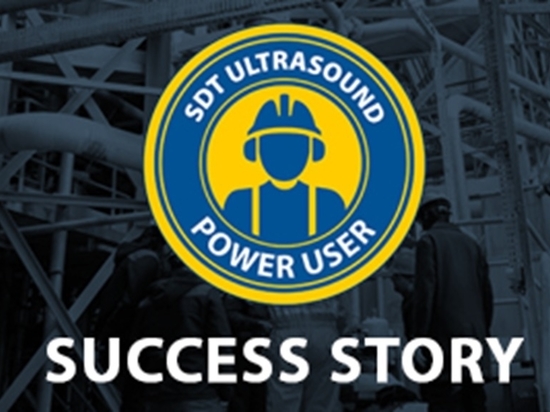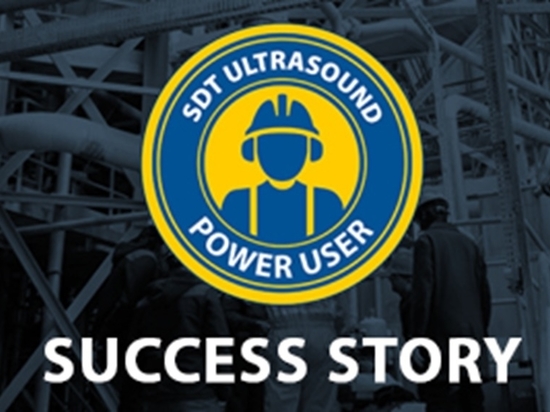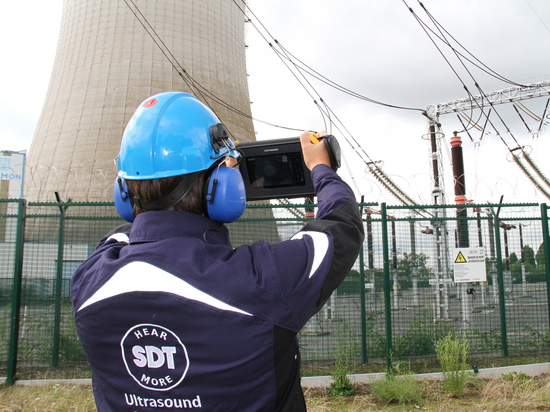
#Industry News
Empowering Reliability: Reflections on the SDT Ultrasound Power User Training
The recent SDT Ultrasound Power User Training sessions have been a resounding success, marked by overwhelmingly positive feedback from its diverse group of participants.
The course, designed to deepen understanding and skills in ultrasound for condition-based maintenance (CBM), has evidently met and, in many cases, exceeded expectations. Here’s a detailed look at what participants thought about the training and its impact.
Key takeaways from the participants
Meaningful learning experience
Participants consistently described the training as “insightful” and “meaningful,” offering both a solid theoretical foundation and practical skills that could be immediately applied in their workplaces. The training provided an in-depth understanding of ultrasound’s crucial role in CBM programs and guided participants through hands-on implementation strategies. One participant noted how the training “enhanced my skills in ultrasound detection, improved my understanding of predictive maintenance, and provided practical knowledge to effectively monitor and maintain equipment health.”
Cross-departmental benefits
The course content has broad applicability. Feedback suggests that the training is valuable not only for individuals within the condition monitoring team but also for other departments, such as production and service engineers. One attendee highlighted how “maintenance engineers, reliability technicians, and lubrication specialists” would particularly benefit from the course, showing its potential for wider adoption within organizations.
Instructor excellence
Participants were unanimous in their praise for the trainer, Haris Trobradovic, frequently rating his performance beyond 10/10. His deep expertise, engaging teaching style, and passion for ultrasound technology greatly contributed to the learning experience. The balance he struck between technical detail and practical application made even complex topics accessible and engaging. Participants also acknowledged his ability to bridge the gap between ultrasound technology and best practice in reliability and maintenance.
Reflections on practical application
The hands-on, practical nature of the training was one of the most frequently mentioned benefits. Participants felt they left the course with a deep understanding of how to use ultrasound equipment to monitor and diagnose equipment health effectively. One participant noted that “learning how to accurately use ultrasound equipment to monitor and diagnose bearing and lubrication issues” would have a significant positive impact on the efficiency and reliability of their maintenance processes. These new skills are expected to lead to measurable improvements in equipment uptime and overall reliability.
Advances topics and future relevance
Several participants noted how the training provided a gateway to more advanced topics, sparking interest in areas such as “advanced troubleshooting techniques, integration of ultrasound with other predictive maintenance tools, and best practices for data management.” This progressive approach ensures that the skills acquired will remain relevant as participants continue to refine their condition monitoring strategies.
Conclusion
The SDT Ultrasound Power User Training not only fostered skills development but also encouraged collaboration and networking among professionals in the field of maintenance and reliability. It is evident that this kind of training is essential for driving both individual and company-wide success in industrial maintenance, with particular emphasis on improving maintenance strategies, reducing downtime, and extending equipment life. The overwhelmingly positive feedback highlights the significant impact of the course on attendees’ professional development and the success of their organizations.
The course’s focus on practical applications, combined with expert instruction, has equipped participants with the tools needed to optimize maintenance processes and implement effective condition-based maintenance programs. As one participant concluded, “This training was a pivotal step in improving our maintenance processes, and I look forward to future sessions that will build on this strong foundation.”





